Programmed health - our hard drive
Human perception is essential and the starting point for everything we encounter in life. Perception is our interpretation, acquisition, selection and organization of sensory information. If we combine faith truth after faith truth, we form a perception and an inner programming. Perception is our mental construction that chooses, organizes and interprets what comes from our senses. Perception and programming are two sides of the same coin.
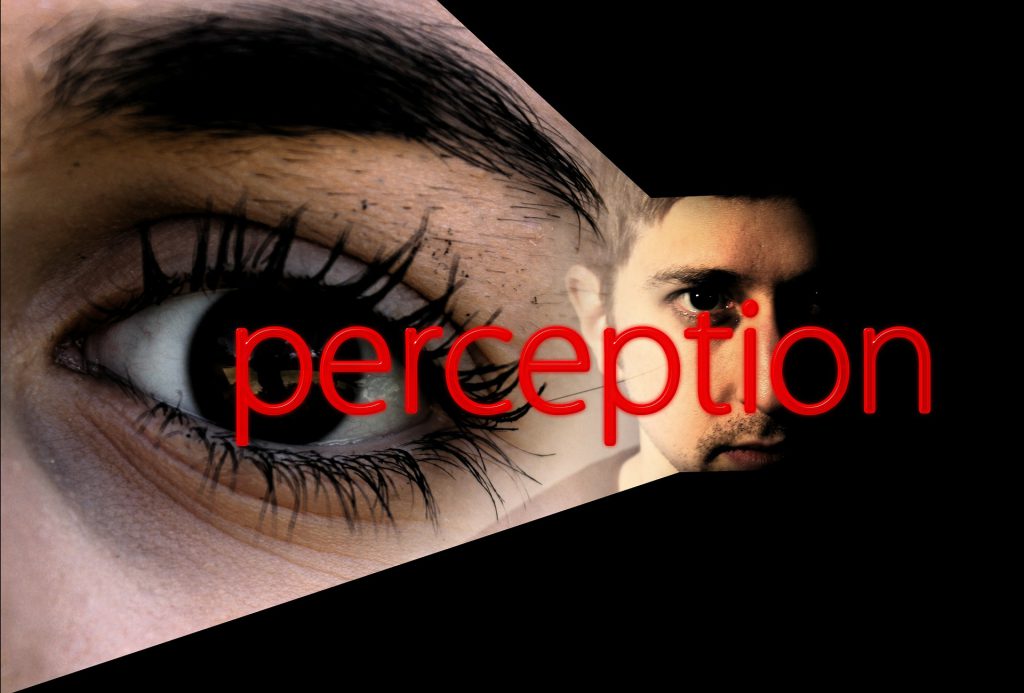
In our western society we live in a culture where we want to prove everything with facts, science and documentation. What are facts in a given period will change as people evolve and change. What was considered facts 200 years ago has already largely changed for us. Most of what people navigate by is constantly evolving and is created through our thoughts and feelings. Facts only refer to our currently collective consciousness and the material form this has in our society. We see, for example, that the prevailing western pharmaceutical industry has been given a great challenge in relation to more holistic ideas to meet illness and imbalance. Much of the new facts show that we are now moving into a world of higher consciousness and energies, which I believe will shape the coming decades.
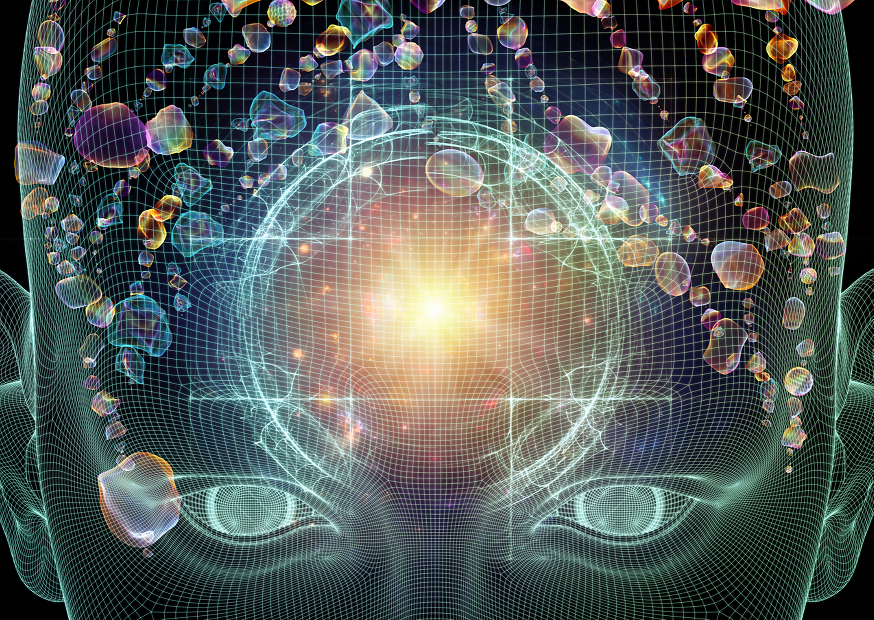

When I talk about programming, I am referring to patterns, energies and nerve circuits that are stored in the brain and body, right from the fetal stage and early childhood, to becoming human hard drive and frame of reference in the world. Most of us are not aware of how we are programmed emotionally and vibrationally to respond to events in our lives. These are fundamental connections that take place in people's emotional parts of the brain already as a fetus and baby. The limbic emotional brain is the fastest growing part of the brain in our first year of life, and here all sensory impressions from our surroundings are stored. Programming of sensory impressions and after each language gives us patterns and nerve circuits that build on personal stories. Our personal stories often come from our family, the way we are raised, from our culture, our society, our religion, science and what we have learned to think about ourselves from schools and life experiences.
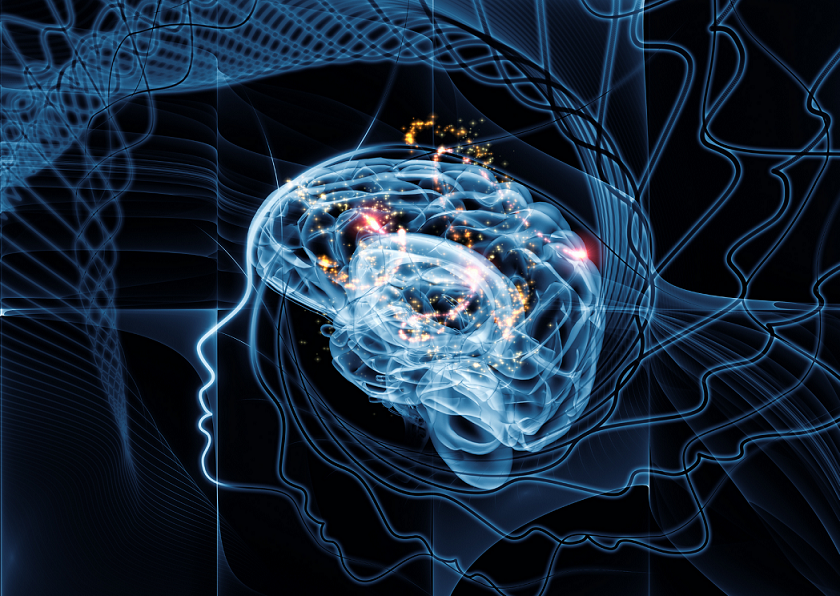

Programming happens automatically in all people without us in our childhood reflecting on this. We often call it our personality and the identity of who we are. We make choices and actions in life based on the identity and history we have programmed into ourselves. If our culture and society suffer from inadequacies, deficiencies and condemnations, this affects the programming of the brain and body. Because humans are programmed, we unconsciously create diseases and prejudices from hierarchical frameworks of thought and emotion programming with a low degree of consciousness. Humans are programmed without learning to understand what we have stored in our hard drive.
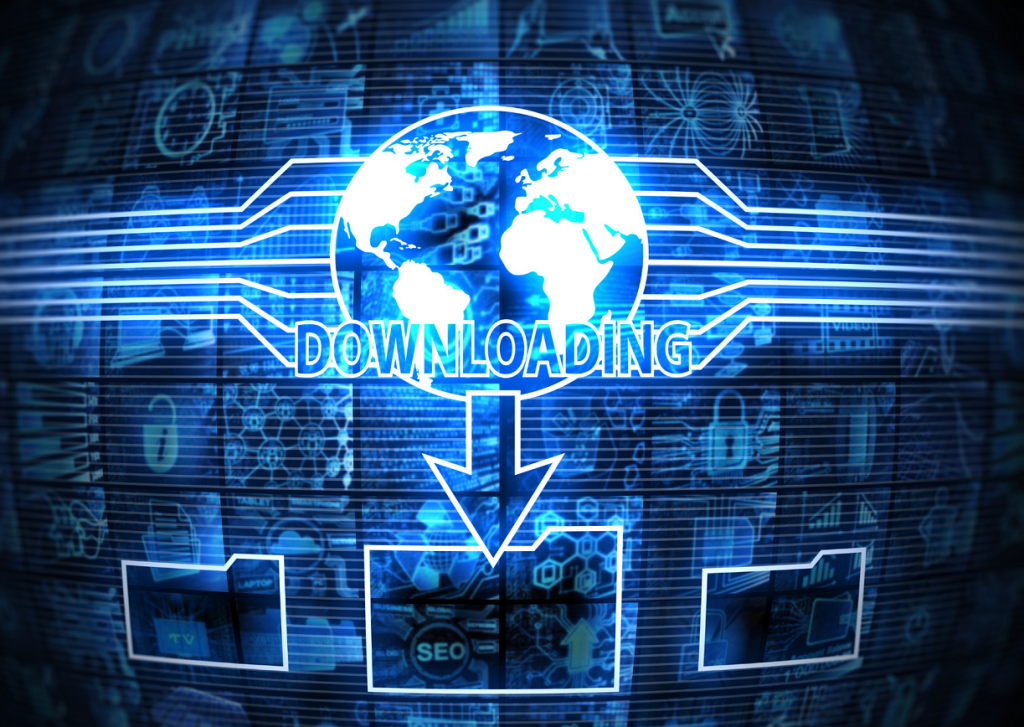

Doctor Gabor Maté has worked for several decades as a private practitioner and specializes in neurology, psychiatry and psychology. He points out that there is a lot of programming of thoughts, emotions and truths that takes place early in our lives. We are often programmed by people who are themselves in emotional defense, and who suppress and live from their limited programming. Children adapt to how parents are because they have no choice but to adapt. Maté believes that most of the learning we give our children is often unconscious learning.
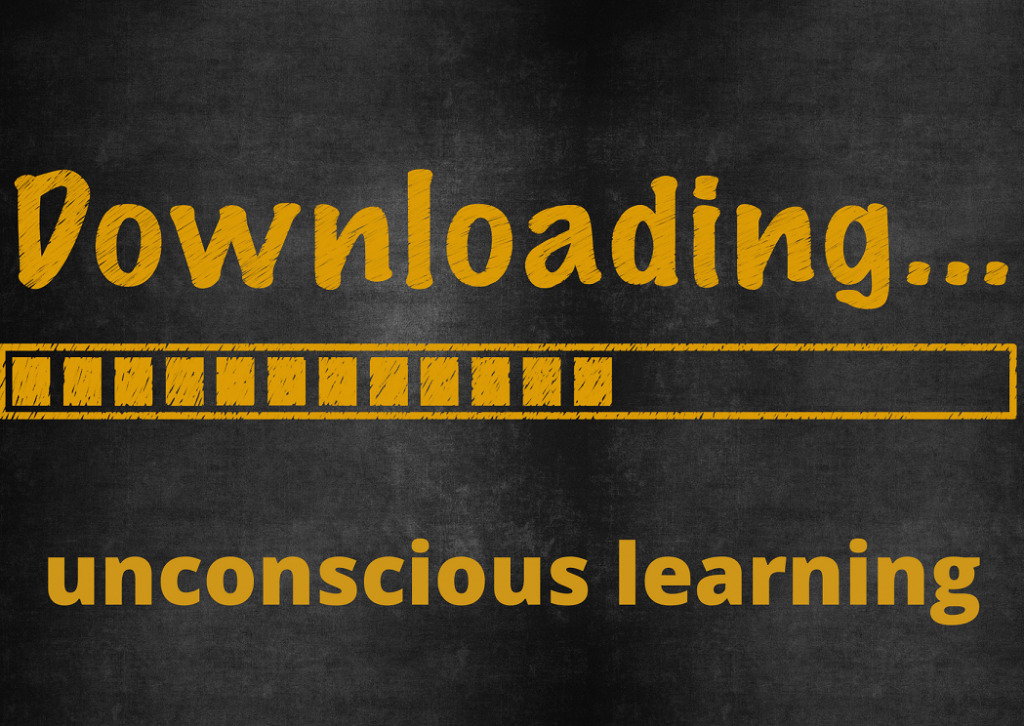

Recent science has shown that the mother's emotions affect the child as much as anything else the child receives from the mother during the fetal period. The film " In the womb " has shed light on the connection between the state of the world and life before birth. From fetal life to the age of six, we are like sponges that absorb all the impressions we surround ourselves with, both hearing, sight, taste, smell, emotions, and sensation. Everything our sensory system registers is stored in us as our brain forms theta waves that are considered a trance-like state. Theta brainwaves are the most favorable wavelengths for new learning and programming. Programming is our subconscious mind that mostly goes on autopilot and controls the habits in our lives. The factors related to the mother's feelings and inner stress, and the relatively large implications these have for the unborn child, were factors that were unknown to me until 2013. For my part, I had inner stress that I myself was not aware of, because it for me was normal to be in such an inner state. It was just the way I was screwed together, my personal story, just as my parents and other ancestors most likely carried inner stress.
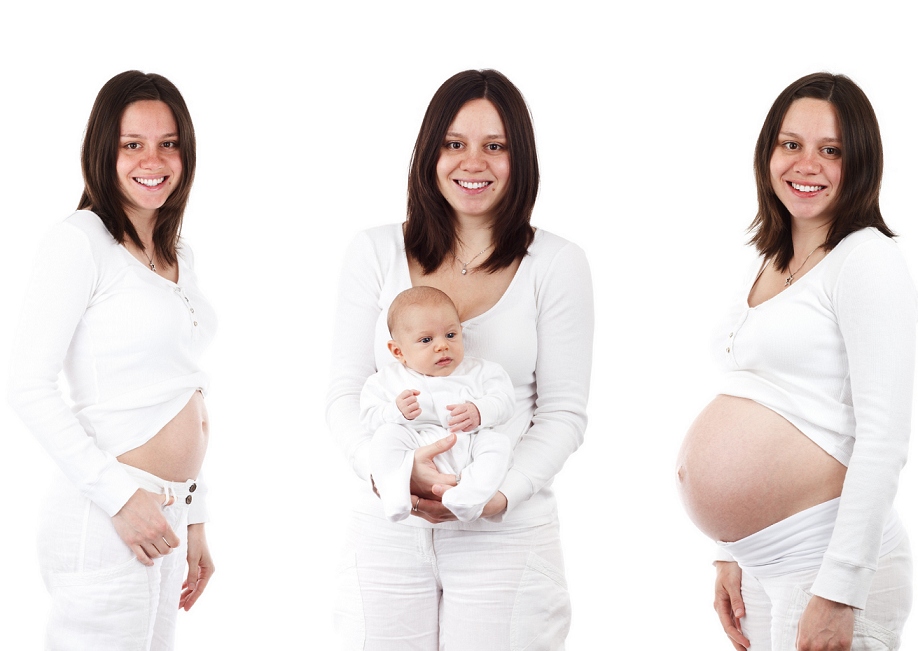

Doctor Jo Dispenza points out that our subconscious mind makes up 95% of who we are. Our subconscious mind is habits, emotional reactions, truths, perceptions and attitudes that act as a computer program in our lives. Our physical body and our emotions are programmed to become a brain. As children, we are emotionally programmed with the sensations we encounter in our surroundings. This is the reason why many people find that it is not always easy to think positively. In fact, if we want to think positively, we must also make changes in our subconscious mind. We can think as positively as we want, but if our emotions are negative, the brain and body are in opposition to each other. If we feel unworthy, there is no point in thinking positively. If we are not proven our own programming and continue to do the same thing our parents did with us, the same learning will go on for generations.
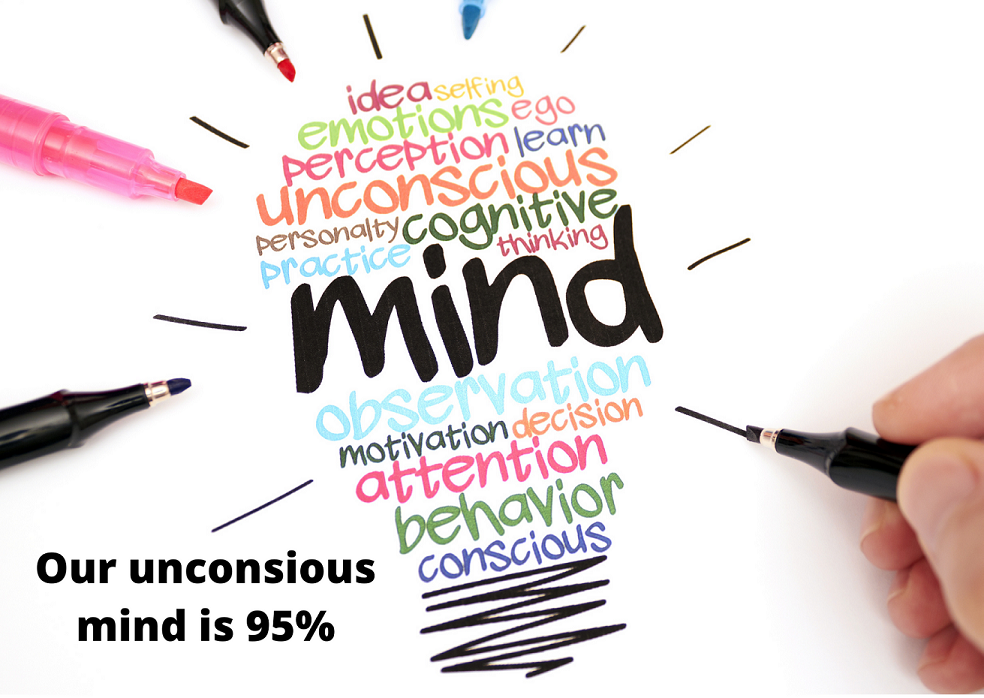

Doctor Gabor Matés says that people are programmed with inner stress in early childhood. He points out that when people experience stress, they often refer to the nervous urgency that comes from excessive demands from the outside world, whether in relationships, work contexts, finances or health. However, an experience of nervous tension is not what defines stress. Stress, as we will define it, is not a matter of subjective experience. Children absorb stress from their parents and their surroundings. Children need peace and predictability, which in a stressful society can be challenging for parents to contribute. The effect of a highly stressed society for parents is transferred to the children despite the parents' love, care and best opinion.


Our brain is shaped and created by experiences from fetal life and early childhood and from our surroundings. It is the information from our environment that is interpreted by our cells which then influences and controls different expressions of the genes. Epigenetics, with its own chapter in the health bible, has shown us how crucial our environment is for the expression of our genes and the development of good health. We talk about imprints of truths, programs, and environments when our brain is a sponge to everything that happens. Our brains largely reflect the programming we have in our early childhood years.
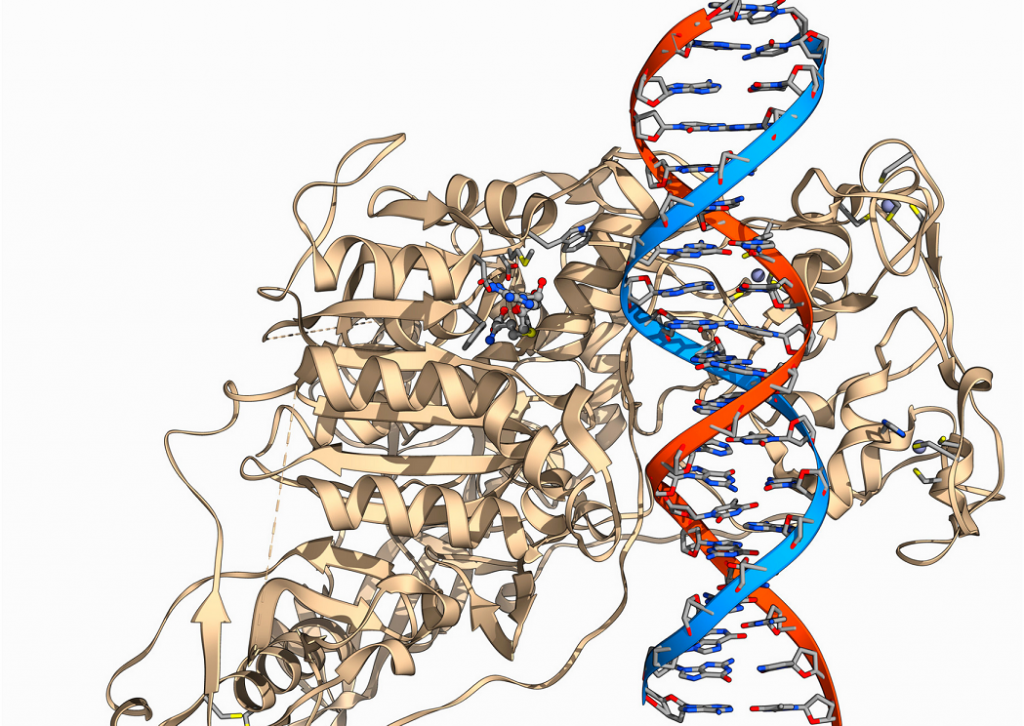

If parents carry a feeling of inadequacy, these imprints are, unconsciously, projected as negative emotions in the children. In previous generations, parenting included discipline, consistency, and control, where negative emotional expressions were not desirable. Sadness, pain and grief in children will usually trigger the same emotions in parents and adults.
We have learned that others are the cause of our reactions and triggers, and that it is the fault of others. As adults, we can decide for ourselves how we should react to all situations. The internal reactions that take place are a direct mirror of the programming in us. We often blame others for the feelings that arise in us, whether it is suffering or inspiration and joy. We have learned that our emotions are something our surroundings are responsible for. There has been less awareness that we ourselves are the creator of our own inner state. In the upbringing of children, discipline and manners have been considered more important than accepting emotional expressions and emotional availability. Emotional availability shows that we are present in the now where everything can be in flow from moment to moment. More people in early childhood learn conceptual programming to hold back emotion. This is how emotions build up inside us and create an inner level of tension.



